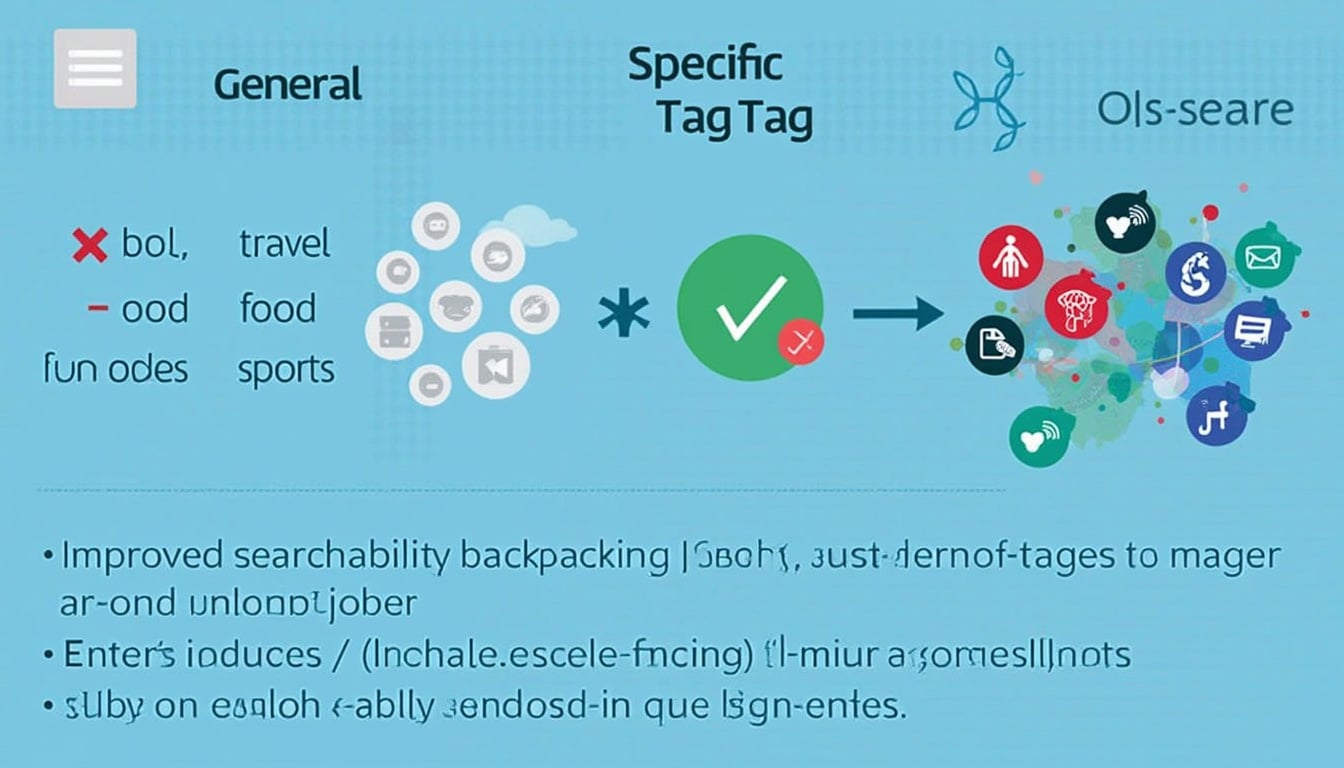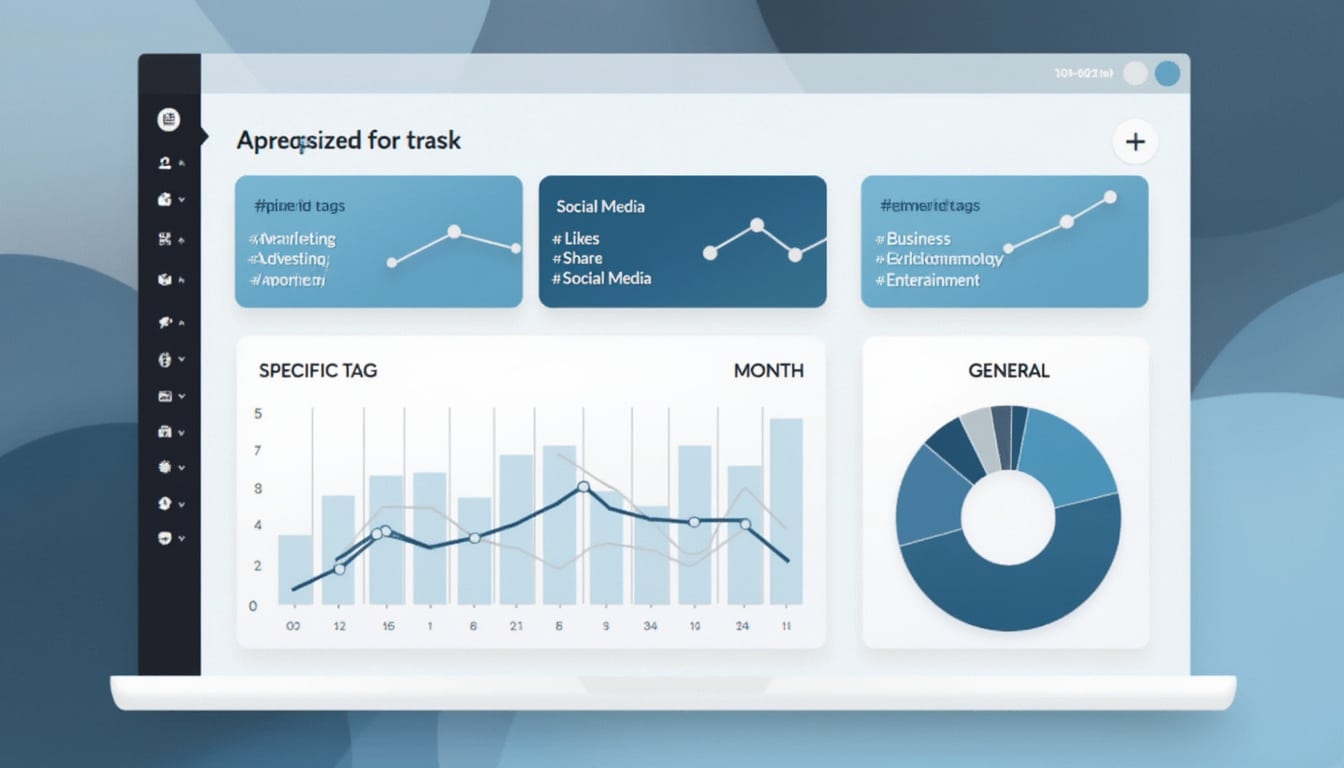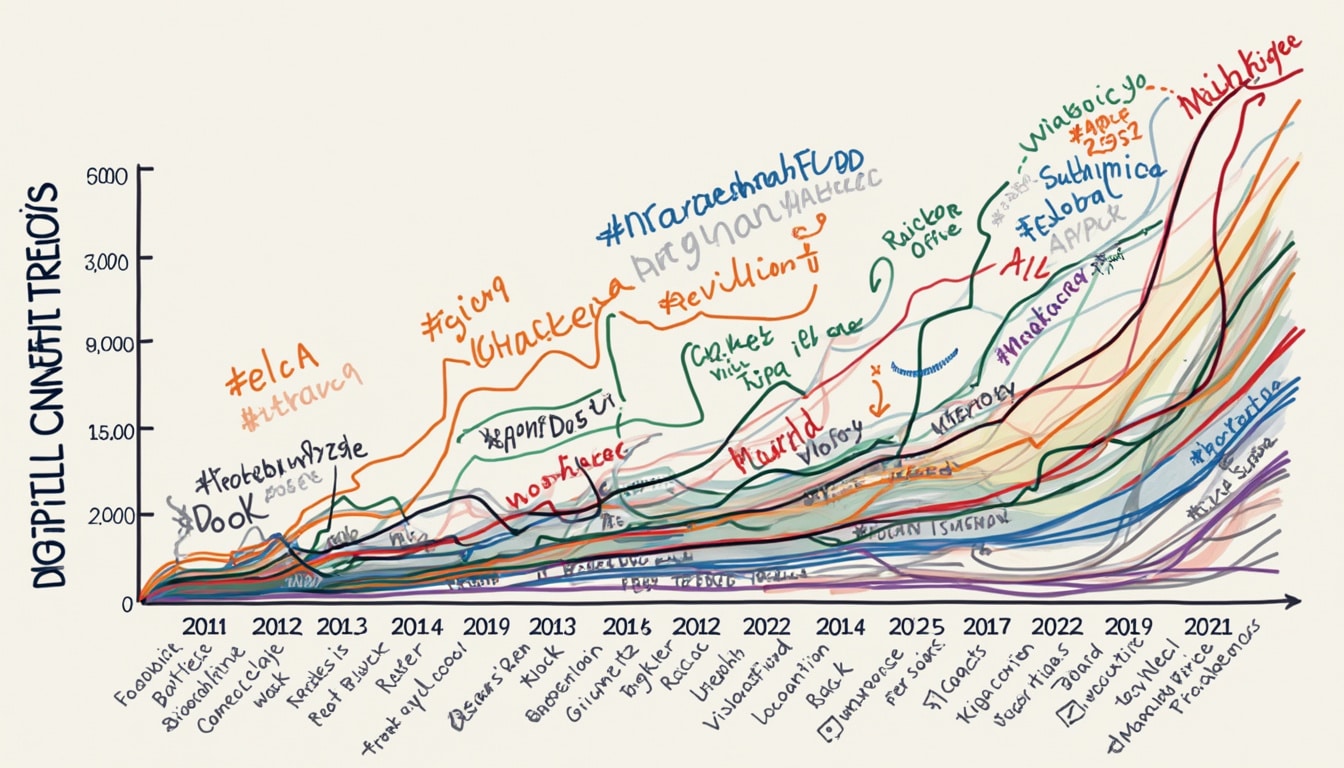In the digital era where information is overwhelmingly abundant, the way we manage and categorize content has a profound impact on accessibility and engagement. Among the various methods for organizing digital assets, tagging emerges as an essential practice. But have you ever wondered whether you should prioritize specific tags over general ones? This question straightforwardly leads us into the nuanced art of tagging. The balance between specificity and generality can significantly influence how content is discovered, categorized, and engaged with. Exploring this topic unveils the intricate dynamics of tagging strategies that creators can leverage to maximize the effectiveness of their content.
Several factors come into play when deciding on tagging approaches. The keywords we select can drastically change the visibility of our content. General tags might attract a broader audience, yet they can also get lost in the sea of similar content. On the other hand, specific tags provide a more focused experience, allowing audiences who are genuinely interested in a niche area to find your work. This article explores the intricate balance one must strike between specificity and generality, uncovering the benefits and challenges of each approach.
The Essence of Tagging
Tagging is not merely about assigning labels; it is about contextualizing content. In our fast-paced digital world, effective tagging serves as a critical roadmap for users seeking relevant information. When content is aptly tagged, it becomes more navigable and retrievable. Both general tags—such as ‘technology’ or ‘lifestyle’—and specific tags like ‘photography tips for beginners’ or ‘vegan dessert recipes’ enable users to search efficiently. Understanding the nature of both types of tags is vital for content creators aiming to enhance user experience.
For instance, in a crowded space with countless entries, a general tag may describe the overarching theme, yet using specific tags can help narrow down searches significantly. This pinpointed approach is paramount in areas with extensive content, like social media platforms and large blogs. Therefore, as we establish a tagging strategy, recognizing the balance of specificity offers a critical advantage.

Specific Tags: The Key to Niche Engagement
Delving deeper into specific tags, their capacity to engage niche audiences cannot be overstated. When content creators employ highly descriptive tags, they attract individuals looking for very targeted information. Specific tags resonate better with users’ unique search intents. In forums, blogs, or video platforms, this segmentation fosters deeper connections, making content more relatable and engaging. Hence, a well-defined tag strategy can create loyal viewership.
Moreover, specific tags significantly enhance SEO performance. Search engines tend to favor unique content labeled with precise tags, leading to better rankings. This better positioning translates into increased visibility. Users often narrow their searches using specific phrases, consequently allowing well-tagged content to rise above the general noise. Creators can leverage this procession to ensure their work achieves higher visibility, allowing specific tags to shine.
General Tags: Broad Relevance
While specific tags have their advantages, general tags hold unique merits as well. By encompassing broader themes, general tags enable a wide-reach audience to discover diverse types of content rapidly. For instance, a blog about health could contain general tags like ‘fitness’ or ‘nutrition.’ While these tags may not point directly to a particular piece of content, they can draw in a wider audience looking to explore various topics within that category.
In many cases, leveraging general tags enhances discoverability on platforms where users might not know precisely what they want. This broad relevance caters to many interests, enabling opportunistic engagement with diverse readers and viewers.
Additionally, many content management systems, like WordPress, encourage the use of both tag types, establishing an accessible environment for various users.

Finding the Right Balance
The crux of effective tagging lies in understanding when to employ specific tags and when to opt for broader themes. This balance is not easily defined and requires vigilance in content analysis. Engaging with your audience, understanding their interests, and continually adjusting your approach based on performance metrics are necessary components of success.
Employing a mixture of both specific and general tags not only addresses various audience needs but also encourages interactive engagement across different content types. Experimentation remains crucial. Testing how diverse tagging strategies influence engagement can provide valuable insights. Formulating a tagging strategy that combines the benefits of specificity with the reach of generality ultimately empowers content creators to optimize their visibility effectively.
Best Practices for Tagging
To maximize the effectiveness of tagging strategies, adherence to best practices is essential. Monitoring the performance metrics of both specific and general tags helps ascertain which ones resonate most with audiences. Collaboration tools and analytical reports offer insights into user behavior, facilitating informed decisions.
Furthermore, employing tag audits periodically ensures ongoing relevance. Content evolves and user interests shift, necessitating a flexible approach. By refining your tagging strategy and maintaining adaptability, you can enhance your content’s discoverability and engagement levels.
Continuous Learning and Adaptation
The digital landscape continuously evolves, presenting content creators with new challenges and opportunities. Continuous learning about tagging strategies, optimizing based on user interactions, and adjusting to trends can certainly keep your content fresh and engaging. Engaging with online communities can also offer valuable insights into trending tags, allowing creators to stay ahead of the curve.
By fostering a culture of learning and adaptability, your tagging efforts will not only resonate with current trends but also anticipate audience needs, setting a solid foundation for future content strategies.

Final Thoughts on Tagging Strategies
Effective tagging strategies encompass a delicate interplay between specific and general tags. Both serve distinct purposes, and understanding their advantages allows content creators to attract, engage, and retain their audience effectively. Embracing the intricacies of tagging prepares content for greater visibility and relevance in the vast ocean of information available today.
In sum, frequency and adaptation will determine tagging success as you navigate digital spaces. The journey of refining your tagging approach reflects an ongoing commitment to engaging your audience, optimizing your content’s discoverability, and embracing best practices as the landscape evolves.
